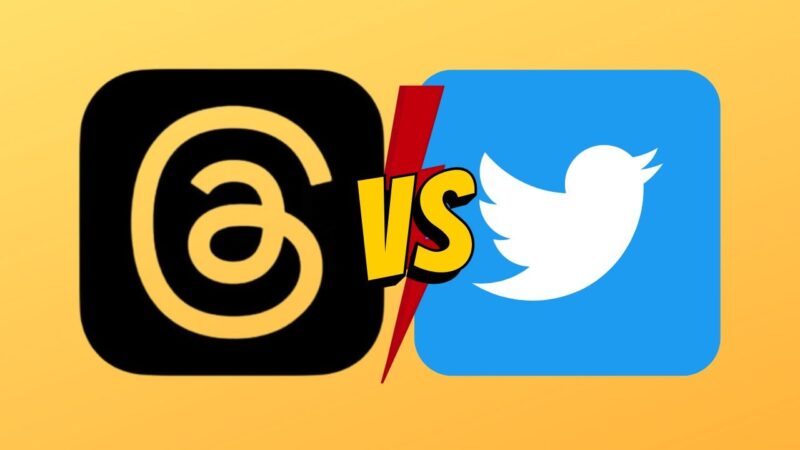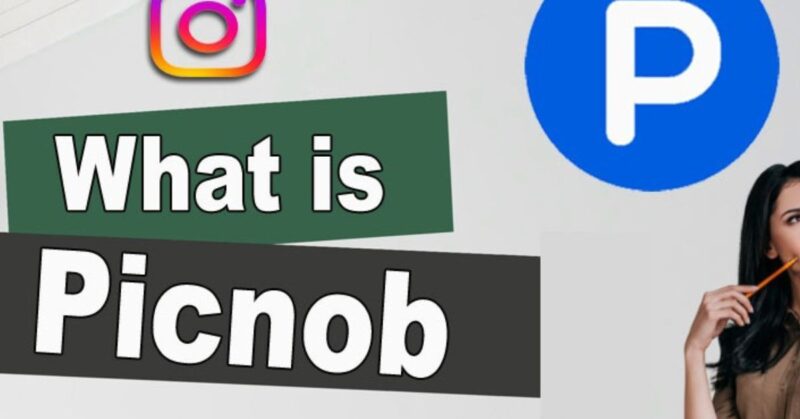Meta Platforms Inc., led by the influential billionaire Mark Zuckerberg, has strategically seized upon the recent challenges faced by Twitter to introduce Threads, a text-based conversation application that poses a potential challenge to Twitter’s established dominance. Armed with a considerable user base, substantial financial resources, and seamless integration with Instagram, Threads emerges as a compelling alternative to Twitter’s platform.
Unveiling Threads: Features and Operationality
Threads operates as a text-based conversation application akin to Twitter, allowing users to compose and share real-time text updates with their followers, who can engage through likes, replies, and sharing. The application facilitates the seamless importation of follower lists and account names from Instagram, ensuring a smooth transition for Meta’s expansive user base, which exceeds 2 billion on the photo and video-sharing platform.
Accessibility and Constraints of Threads
Meta intends to launch Threads in over 100 countries, excluding the 27-nation European Union due to regulatory concerns pertaining to data sharing between Threads and Instagram. The company awaits further guidance on the EU’s Digital Markets Act, which imposes restrictions on the amalgamation of personal data across diverse platforms. As of now, users can access Threads through the Apple App Store and Google Play Store on iPhone and Android devices, respectively. However, there is no desktop version or web browser access available at the initial release.
Integration with Instagram and Account Administration
Threads exhibits close integration with Instagram, as the deletion of a Threads account results in the simultaneous deletion of the associated Instagram account. Blocking an account on Threads also extends to Instagram. Instagram users joining Threads receive a Threads badge on their Instagram account page, signifying their early adoption of the Threads application.
Meta’s Strategic Intent: Contesting Twitter’s Influence
The objective of Meta with Threads is evident: enticing Twitter users to migrate to its platform. Mark Zuckerberg emphasized the need for a public conversations app with over a billion users, underscoring Twitter’s failure to realize this vision. Meta aspires to furnish creators and public figures with a well-managed platform, subtly alluding to Elon Musk’s controversial tenure as Twitter’s owner since his acquisition in October 2022.
Twitter’s Struggles Under Musk’s Ownership
Since Elon Musk’s acquisition of Twitter, the platform has encountered technical glitches, challenges in content moderation, and controversies surrounding Musk’s stance on “free speech absolutism.” Musk implemented temporary restrictions on daily tweet views to combat data scrapers and bots. Financially, Twitter has faced hardships, with a 50% decline in advertising revenue and substantial employee layoffs. Regulatory bodies in the European Union have demanded heightened efforts from Twitter to address sensitive content and disinformation.
User Migration and the Emergence of Alternatives
Prominent figures such as Oprah Winfrey and Elton John ceased using Twitter shortly after Musk’s takeover, with several alternative platforms like Mastodon and Bluesky Social experiencing increased user adoption. Mastodon, an open-source social network, witnessed its user base grow from 9 million to over 13 million accounts since Musk’s arrival. However, none of these alternatives match the scale and influence of Meta’s Instagram, boasting over 2 billion monthly active users.
Decentralization Plans for Threads
Meta has hinted at future versions of Threads embracing decentralization by collaborating with the “fediverse,” a technology concept enabling interoperability between social media platforms. Threads’ integration with ActivityPub, a primary decentralized social media protocol, aligns with Meta’s vision for a more open and interconnected online ecosystem.
The Verdict: Can Threads Disrupt Twitter’s Dominance?
The prospect of Threads emerging as a Twitter-killer remains uncertain. Analysts express mixed opinions, with some suggesting that Meta’s Threads could garner significant consumer engagement and advertisement budgets, especially if Meta actively addresses misinformation. Conversely, others view Meta’s branding as more casual compared to Twitter’s, fostering skepticism regarding its potential for complete disruption.






